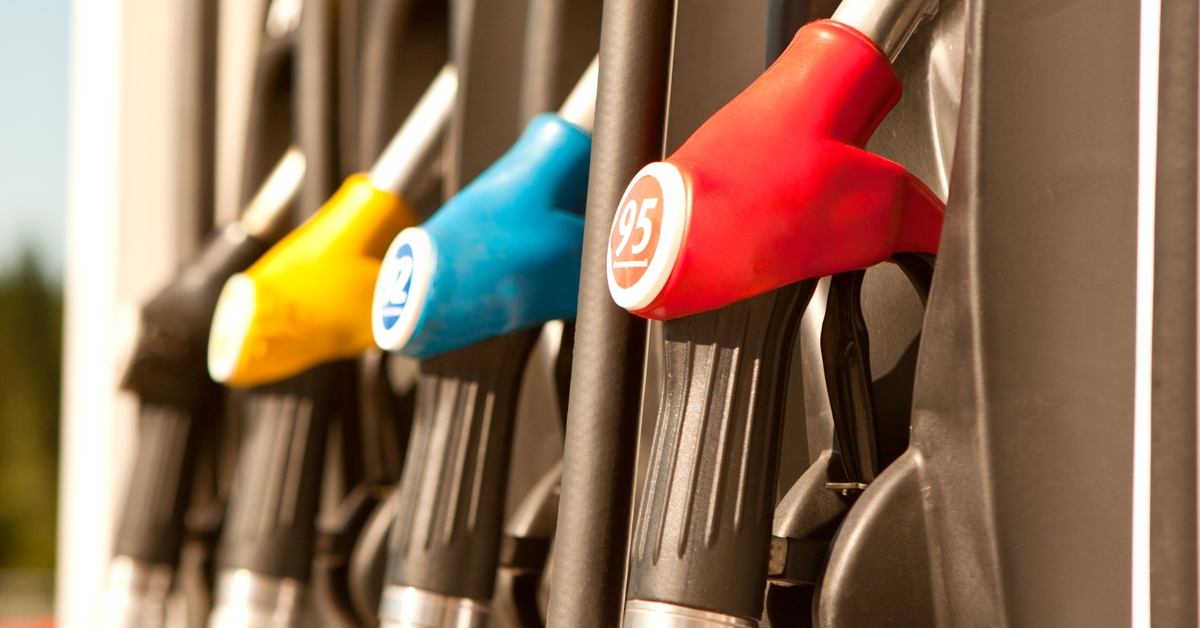Discover effective and straightforward strategies to optimize your fuel usage and keep more money in your pocket. In this article, we will explore 11 practical tips that can help you save money on gas while improving fuel efficiency.
- Embrace Fuel-Efficient Driving Habits: Adopting fuel-efficient driving techniques can significantly reduce gas consumption. Follow these habits:
- Maintain a steady speed: Avoid rapid acceleration or heavy braking, as it wastes fuel. Gradually accelerate and decelerate to optimize fuel efficiency.
- Reduce idle time: Turn off your engine if you anticipate waiting for more than a minute. Idling burns unnecessary fuel.
- Avoid aggressive driving: Speeding, rapid acceleration, and abrupt stops decrease fuel efficiency. Drive smoothly and maintain a moderate speed to save on gas.
- Utilize cruise control: On highways or long stretches of road, engage cruise control to maintain a consistent speed and enhance fuel efficiency.
- Regular Vehicle Maintenance: Keeping your vehicle properly maintained is crucial for maximizing fuel efficiency. Follow these maintenance tips:
- Maintain tire pressure: Underinflated tires increase rolling resistance and fuel consumption. Regularly check your tire pressure and keep it at the recommended level.
- Replace air filters: Dirty air filters restrict airflow to the engine, making it work harder and consume more fuel. Replace air filters as recommended by your vehicle’s manufacturer.
- Tune up the engine: Regular tune-ups, oil changes, and spark plug replacements improve engine efficiency and reduce fuel consumption.
- Plan and Combine Trips: Consolidating your errands into one trip can minimize mileage and save on gas. Consider the following strategies:
- Combine errands: Group together tasks that can be completed in the same area to avoid unnecessary back-and-forth driving.
- Optimize your route: Plan your driving route to minimize distance and avoid heavy traffic whenever possible. Utilize navigation apps that provide real-time traffic updates to choose the most efficient path.
- Carpool or share rides: Whenever feasible, carpool with friends, colleagues, or neighbors. Sharing the ride not only reduces individual fuel costs but also helps lower overall vehicle emissions.
- Explore Alternative Transportation Options: Consider alternative modes of transportation to save on gas costs. Here are some possibilities:
- Public transportation: Utilize buses, trains, or subways when commuting to work or traveling within the city. Public transit can significantly reduce your fuel expenses.
- Bicycling or walking: For short trips or within a reasonable distance, consider biking or walking instead of driving. It not only saves money on fuel but also provides health benefits and reduces your carbon footprint.
- Telecommute or Remote Work: If feasible, explore opportunities for telecommuting or remote work. By reducing the number of commuting days, you can save significantly on gas expenses while also reducing wear and tear on your vehicle.
- Utilize Gas Price Comparison Apps: Make use of smartphone apps or websites that compare gas prices in your area. These tools help you find the cheapest fuel options nearby, allowing for savings on each fill-up.
- Join Fuel Rewards Programs: Enroll in loyalty programs offered by gas stations or supermarkets that provide fuel rewards. These programs often offer discounts, cashback, or points that can be redeemed for cheaper gas prices.
- Avoid Excessive Weight and Drag: Remove unnecessary items from your vehicle to reduce weight, as a heavier car requires more fuel to move. Additionally, avoid carrying cargo on your roof, as it creates wind resistance and reduces fuel efficiency.
- Use the Recommended Fuel Grade: Follow your vehicle manufacturer’s recommendation for the appropriate fuel grade. Using a higher octane rating than necessary is an unnecessary expense and offers no additional benefits for most vehicles.
- Take Advantage of Gasoline Sales and Discounts: Stay informed about local gas stations’ promotions, sales, or discounts. Keep an eye out for special events, weekly discounts, or cashback offers that can help you save on fuel costs. Timing your fill-ups strategically can make a noticeable difference in your overall gas expenses.
- Consider Hybrid or Electric Vehicles: If you’re in the market for a new vehicle, explore hybrid or electric options. These vehicles offer higher fuel efficiency or operate solely on electricity, reducing your reliance on gasoline and saving you money in the long run. Additionally, many countries offer incentives and tax credits for purchasing eco-friendly vehicles, further enhancing your savings.
Implementing these 11 practical tips can lead to significant savings on your gas expenses while promoting fuel efficiency and environmental sustainability. Embrace fuel-efficient driving habits, prioritize regular vehicle maintenance, plan and consolidate your trips, and explore alternative transportation options when possible. Additionally, take advantage of technology with gas price comparison apps and join fuel rewards programs to maximize your savings. By making conscious choices and adopting these strategies, you’ll not only save money but also contribute to a greener future.










